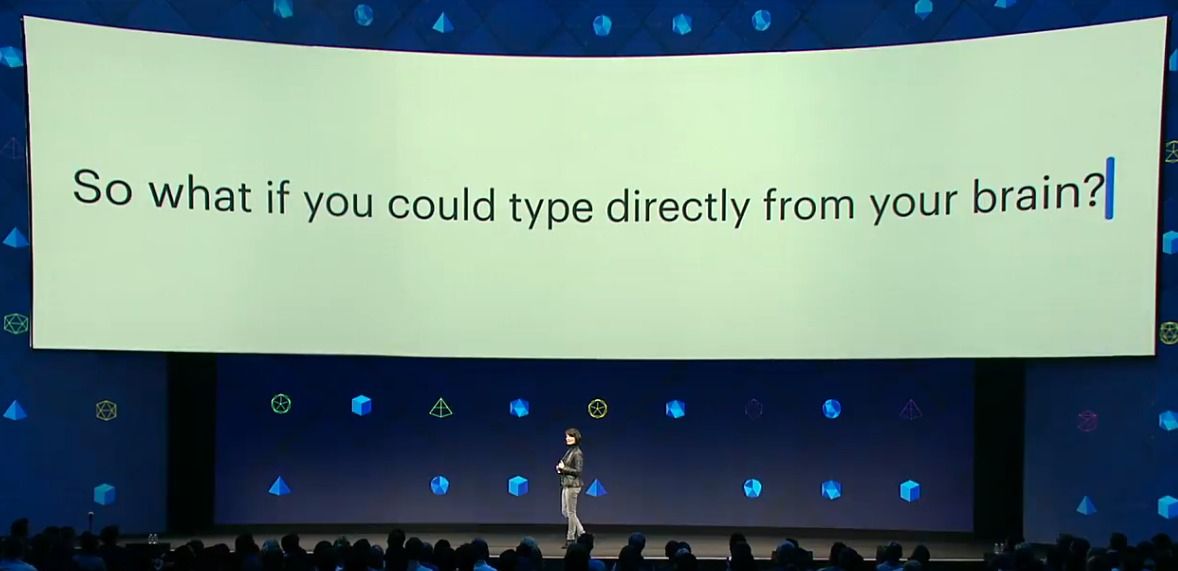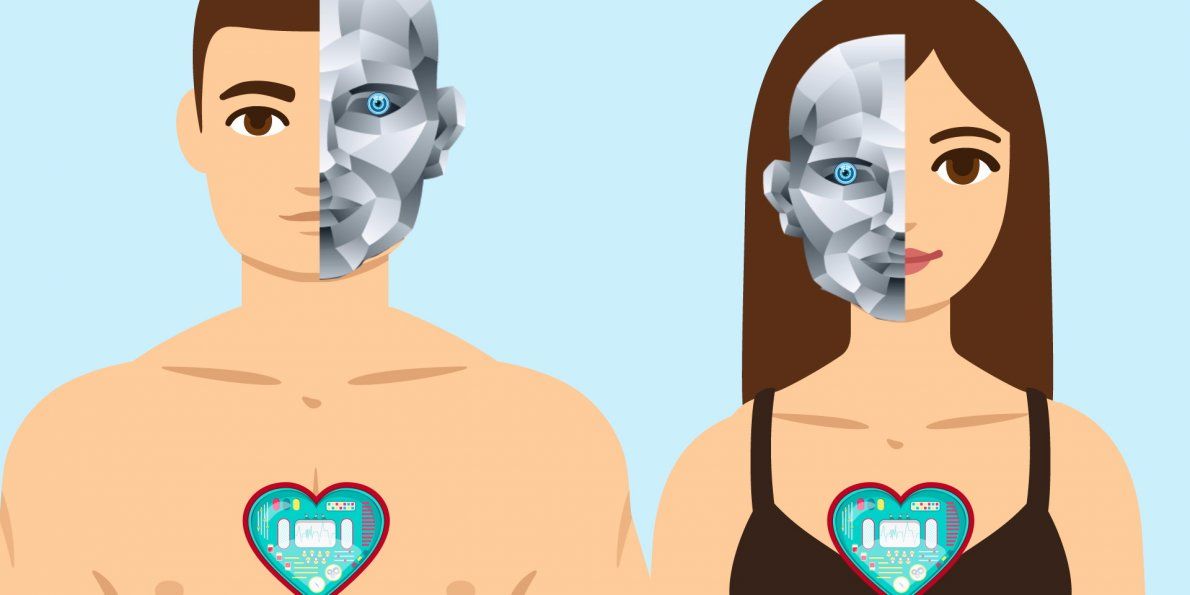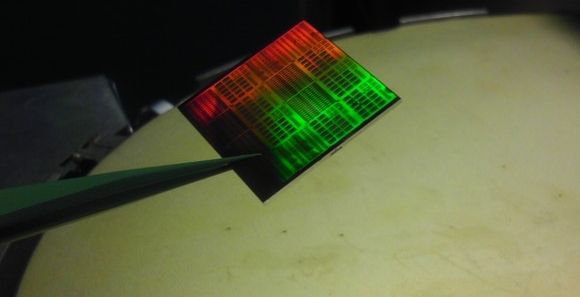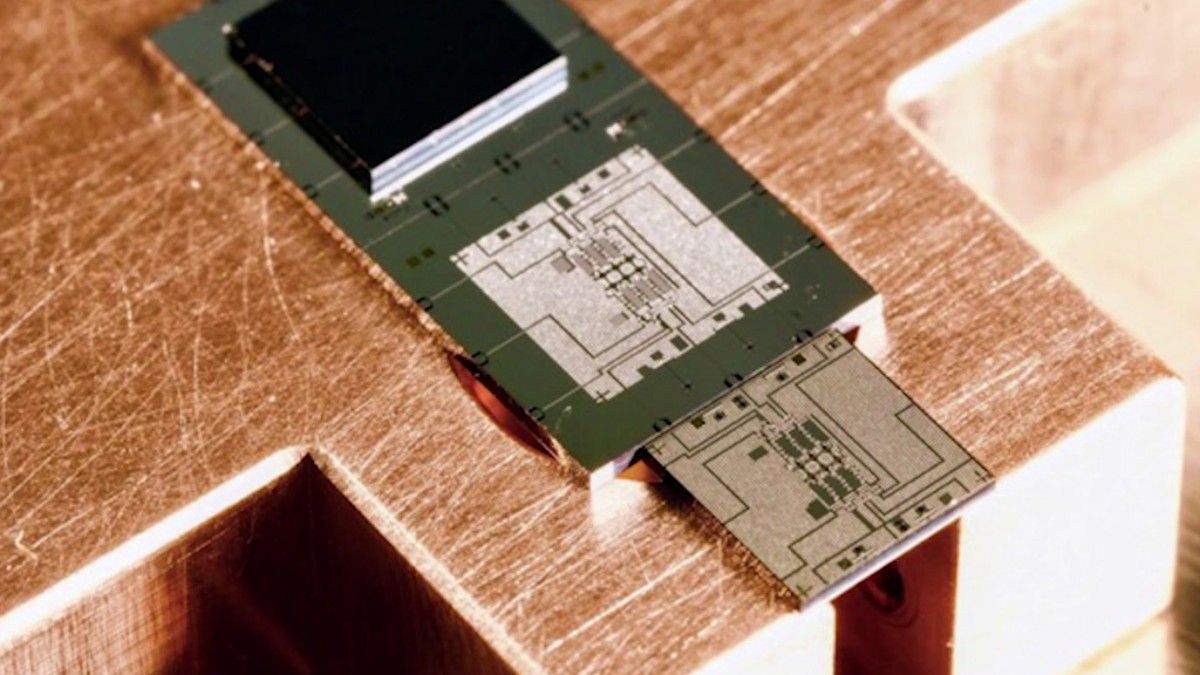Archive for the ‘computing’ category: Page 700
Apr 29, 2017
Fasetto Link: 2TB of storage in the palm of your hand
Posted by Shailesh Prasad in category: computing
Apr 25, 2017
Elon Musk Outlines His Mission to Link Human Brains With Computers in 4 Years
Posted by Shailesh Prasad in categories: business, computing, Elon Musk, neuroscience
What you do on the Internet is nobody’s business but yours. At ProxySite.com, we stand between your web use and anyone who tries to sneak a peek at it. Instead of connecting directly to a website, let us connect to the website and send it back to you, and no one will know where you’ve been. Big Brother (or other, less ominous snoops) won’t be able to look over your shoulder and spy on you to see what you’re reading, watching or saying.
Apr 24, 2017
Researchers build a microprocessor from flexible materials
Posted by Roman Mednitzer in categories: computing, materials
Researchers have built a primitive microprocessor out of a two-dimensional material similar to graphene, the flexible conductive wonder material that some believe will revolutionize the design and manufacture of batteries, sensors and chips.
With only 115 transistors, their processor isn’t going to top any benchmark rankings, but it’s “a first step towards the development of microprocessors based on 2D semiconductors,” the researchers at Vienna University of Technology said in a paper published in the journal Nature this month.
Apr 22, 2017
Elon Musk’s new company wants to link human brains with computers in 4 years
Posted by Klaus Baldauf in categories: biotech/medical, computing, Elon Musk, neuroscience, space travel, sustainability
Tesla founder and chief executive Elon Musk said his latest company Neuralink is working to link the human brain with computers by creating micron-sized devices.
Neuralink is aiming to bring to the market a product that helps with certain severe brain injuries due to stroke and cancer lesion in about four years, Musk said in an interview with the website Wait But Why on Thursday.
“If I were to communicate a concept to you, you would essentially engage in consensual telepathy,” Musk said in the interview. Neuralink will be Musk’s third company along with Tesla and SpaceX.
Continue reading “Elon Musk’s new company wants to link human brains with computers in 4 years” »
Apr 21, 2017
Google says it is on track to definitively prove it has a quantum computer in a few months’ time
Posted by Klaus Baldauf in categories: computing, quantum physics
Apr 20, 2017
Facebook Literally Wants to Read Your Thoughts
Posted by Aleksandar Vukovic in categories: computing, neuroscience
“Our brains produce enough data to stream 4 HD movies every second. The problem is that the best way we have to get information out into the world — speech — can only transmit about the same amount of data as a 1980s modem,” CEO Mark Zuckerberg said in a Facebook post.
At Facebook’s annual developer conference, F8, on Wednesday, the group unveiled what may be Facebook’s most ambitious—and creepiest—proposal yet. Facebook wants to build its own “brain-to-computer interface” that would allow us to send thoughts straight to a computer.
Apr 20, 2017
What if you could type directly from your brain at 100 words per minute?
Posted by Shailesh Prasad in categories: computing, engineering, neuroscience

Regina Dugan, PhD, Facebook VP of Engineering, Building8, revealed today (April 19, 2017) at Facebook F8 conference 2017 a plan to develop a non-invasive brain-computer interface that will let you type at 100 wpm — by decoding neural activity devoted to speech.
Dugan previously headed Google’s Advanced Technology and Projects Group, and before that, was Director of the Defense Advanced Research Projects Agency (DARPA).
Continue reading “What if you could type directly from your brain at 100 words per minute?” »
Apr 19, 2017
Facebook is working on a way to let you type with your brain
Posted by Klaus Baldauf in categories: biotech/medical, computing, neuroscience
Facebook today unveiled a project from its secretive Building 8 research group that’s working to create a brain-computer interface that lets you type with your thoughts. Regina Dugan, a former director of DARPA and the ex-head of Google’s experimental ATAP research group, announced the news today onstage at Facebook’s F8 developer conference. Dugan, who now heads up Building 8, says the goal is “something as simple as a yes-no brain click” that could fundamentally change how we interact with and use technology. While it does not exist today outside of very specific medical research trials, Dugan says her team is actively working to make it a reality.
















